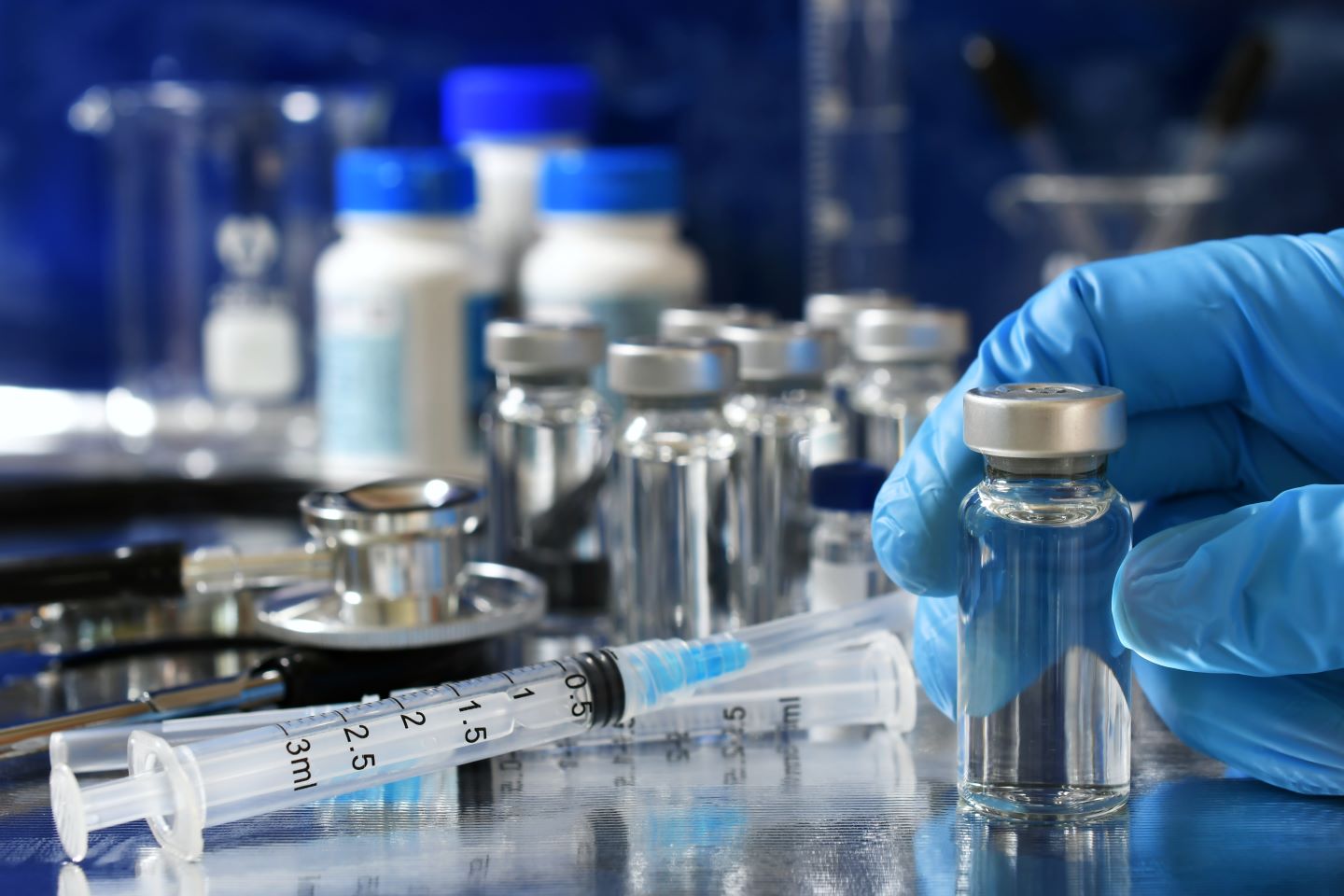In response to the mpox outbreak in Africa, the World Health Organization (WHO) has launched an international Strategic Preparedness and Response Plan (SPRP) and hosted a research response conference whereby researchers, public health officials, and stakeholders from affected countries were invited to take the lead in shaping research efforts and aligning them with outbreak response strategies. This follows the recent declaration by the WHO that the mpox outbreak is a public health emergency of international concern (PHEIC). This is the highest level of alert that the WHO can issue and places the current mpox outbreak in the same category as previous outbreaks such as Covid-19 (2020), Ebola (2019), and Zika-related microcephaly (2016), thus emphasising the gravity of the epidemic and underlining the need for a coordinated response to contain it.
Mpox, previously known as monkeypox, is caused by an enveloped, double-stranded DNA monkeypox virus, belonging to the Orthopoxvirus genus in the Poxviridae family. There are two distinct clades of the virus: clade I (with subclades Ia and Ib) and clade II (with subclades IIa and IIb), with clade I being the more aggressive variant. The infection leads to flu-like symptoms, including fever, chills, and muscle aches. Most notably, the disease is characterised by a rash that forms blisters and then crusts over. Whilst most cases are mild and resolve within a few weeks, some people – particularly children, pregnant women, and those with suppressed immune systems – may endure more severe disease which can be fatal.
Since the beginning of the year, approximately 24,002 cases and 617 deaths have occurred in Africa, predominately in the Democratic Republic of the Congo (DRC), although 12 other countries have also been affected. The outbreak in Africa is unusually complex as three epidemics are happening simultaneously, with different modes of spread and affecting diverse populations. Clade Ia is causing most of the infections in the north and west of the DRC and has been present in this region over the last decade. Clade Ib, the most recent variant, which was first identified in September 2023, is affecting those in the east of the DRC and neighbouring countries, including Kenya, Rwanda, and Uganda. Lastly, infections attributable to Clade II are highest in Cameroon, Liberia, Nigeria, South Africa, and the Ivory Coast.
The WHO’s SPRP covers the six months from September 2024 through to February 2025 and requires funding of $135m. The plan focuses on global, regional, and national efforts to ensure comprehensive surveillance, improving access to diagnostics and treatment measures, minimising animal-human transmission, and empowering communities to actively participate in outbreak prevention and control. The WHO’s emergency declaration is hoped to spur donor agencies and countries to act and assist in accelerating access to testing, vaccines, and treatment in affected areas. Strategic vaccination efforts will focus on those at highest risk, including close contacts of recent cases and key workers, to interrupt transmission chains.
According to GlobalData, there are three currently available mpox vaccines, including Bavarian Nordic’s Jynneos in Europe, the US, and Canada; KM Biologics’s LC16 vaccine in Japan; and Emergent BioSolutions’s ACAM2000 vaccine in the US. Up to 3.6 million doses of these vaccines have been pledged by various governments and companies to help stop the spread of mpox in Africa, the first of which have now been delivered (approximately 10,000 doses of Jynneos were received in Nigeria on 27 August 2024, donated by the US Government). However, it is estimated that around ten million doses will be needed by 2025. Additionally, there is a huge opportunity for developers and manufacturers to advance novel therapies. Late-stage vaccines of note include BioNTech’s BNT-166A and Moderna’s mRNA-1769, both of which are in Phase II.

US Tariffs are shifting - will you react or anticipate?
Don’t let policy changes catch you off guard. Stay proactive with real-time data and expert analysis.
By GlobalData





